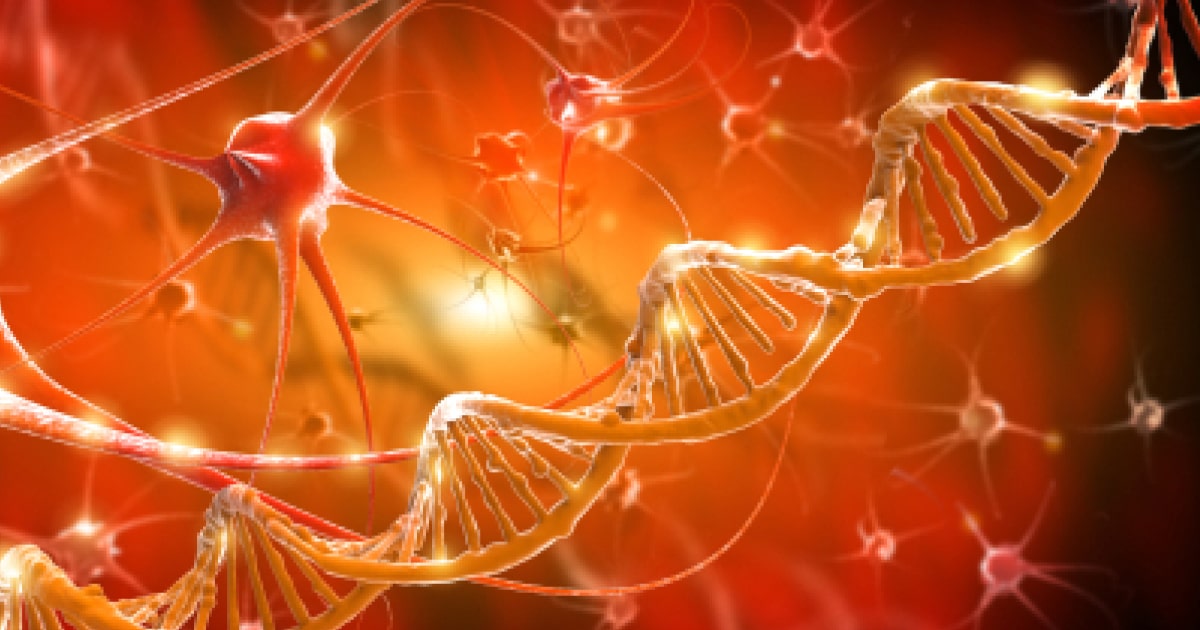
Expert Reviewed By: Dr. Brandon Colby MD
```htmlJackson-Weiss Syndrome (JWS) is a rare genetic disorder characterized by craniofacial and foot abnormalities. This condition, which falls under the umbrella of craniosynostosis syndromes, can significantly impact an individual's quality of life. Understanding the intricacies of JWS, its diagnosis, and the role of genetic testing can provide valuable insights for affected individuals and their families.
What is Jackson-Weiss Syndrome?
Jackson-Weiss Syndrome is a genetic disorder primarily affecting the skull and feet. The syndrome is caused by mutations in the FGFR2 gene, which plays a crucial role in bone development. Individuals with JWS typically exhibit premature fusion of certain skull bones (craniosynostosis), leading to an abnormal head shape and facial features. Additionally, foot abnormalities such as broad and deviated great toes are common.
Diagnosing Jackson-Weiss Syndrome
Diagnosing JWS involves a combination of clinical evaluation, imaging studies, and genetic testing. Early diagnosis is essential for managing the condition effectively and planning appropriate interventions.
Clinical Evaluation
A thorough clinical evaluation by a geneticist or a specialist in craniofacial disorders is the first step in diagnosing JWS. This involves a detailed medical history, physical examination, and assessment of the characteristic features of the syndrome.
Imaging Studies
Imaging studies, such as X-rays, CT scans, or MRI, are used to assess the extent of craniosynostosis and foot abnormalities. These imaging techniques provide detailed information about the bone structure and help in planning surgical interventions if necessary.
Genetic Testing for Jackson-Weiss Syndrome
Genetic testing plays a pivotal role in confirming the diagnosis of Jackson-Weiss Syndrome. By identifying mutations in the FGFR2 gene, genetic testing not only confirms the diagnosis but also provides valuable information for family planning and management of the condition.
Confirming the Diagnosis
Genetic testing is the gold standard for confirming a diagnosis of JWS. A blood sample is typically collected and analyzed for mutations in the FGFR2 gene. Identifying a pathogenic mutation confirms the diagnosis and helps differentiate JWS from other craniosynostosis syndromes with overlapping features.
Family Planning
Since JWS is an inherited disorder, genetic testing can provide crucial information for family planning. Carrier testing can identify individuals who carry a mutation in the FGFR2 gene but do not exhibit symptoms. This information is valuable for prospective parents in assessing the risk of passing the condition to their offspring.
Management and Treatment
While there is no cure for JWS, genetic testing can guide the management and treatment of the condition. Early diagnosis through genetic testing allows for timely interventions, such as surgical correction of craniosynostosis and foot abnormalities. Additionally, genetic counseling can provide support and resources for affected individuals and their families.
Conclusion
Jackson-Weiss Syndrome is a complex genetic disorder that requires a multidisciplinary approach for diagnosis and management. Genetic testing plays a critical role in confirming the diagnosis, guiding family planning, and informing treatment strategies. By understanding the genetic underpinnings of JWS, affected individuals and their families can make informed decisions and access appropriate care and support.
For more information on genetic testing and Jackson-Weiss Syndrome, visit Semantic Scholar.
```About The Expert Reviewer
Dr. Brandon Colby MD is a US physician specializing in the personalized prevention of disease through the use of genomic technologies. He’s an expert in genetic testing, genetic analysis, and precision medicine. Dr. Colby is also the Founder of and the author of Outsmart Your Genes.
Dr. Colby holds an MD from the Mount Sinai School of Medicine, an MBA from Stanford University’s Graduate School of Business, and a degree in Genetics with Honors from the University of Michigan. He is an Affiliate Specialist of the American College of Medical Genetics and Genomics (ACMG), an Associate of the American College of Preventive Medicine (ACPM), and a member of the National Society of Genetic Counselors (NSGC)